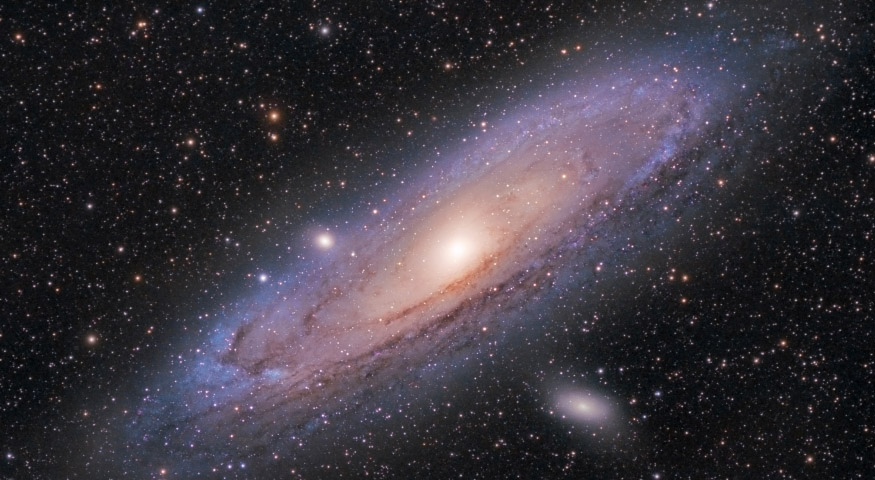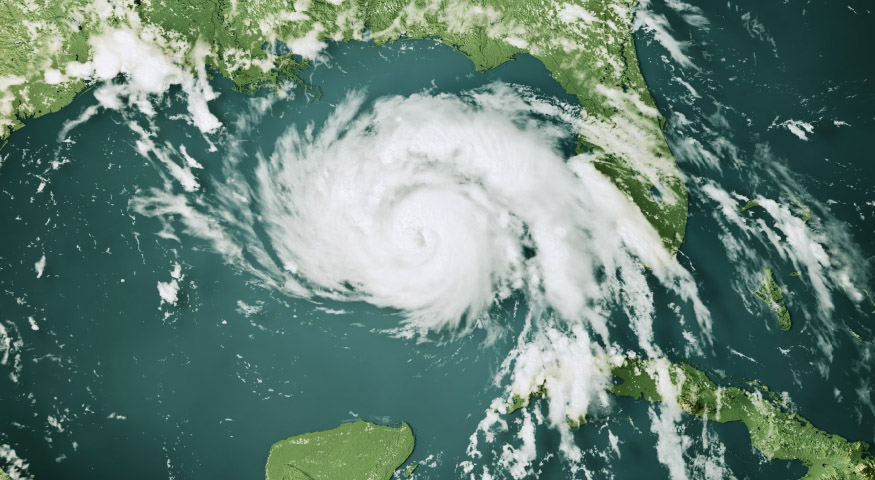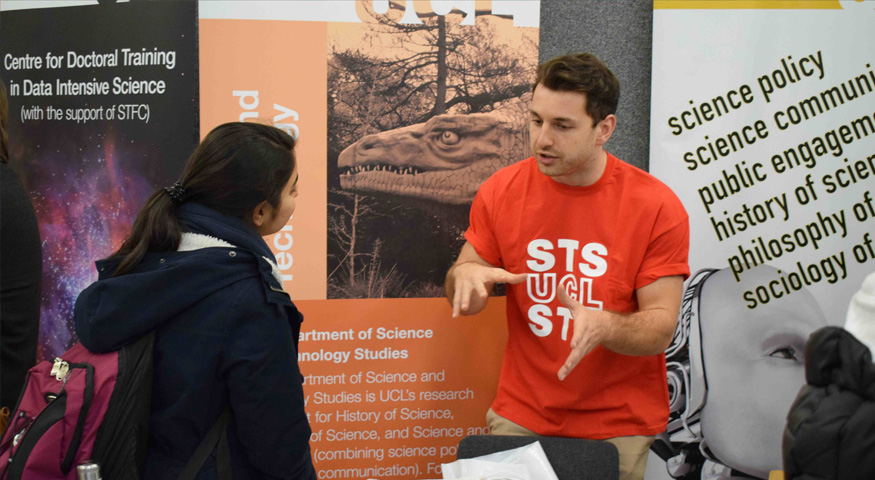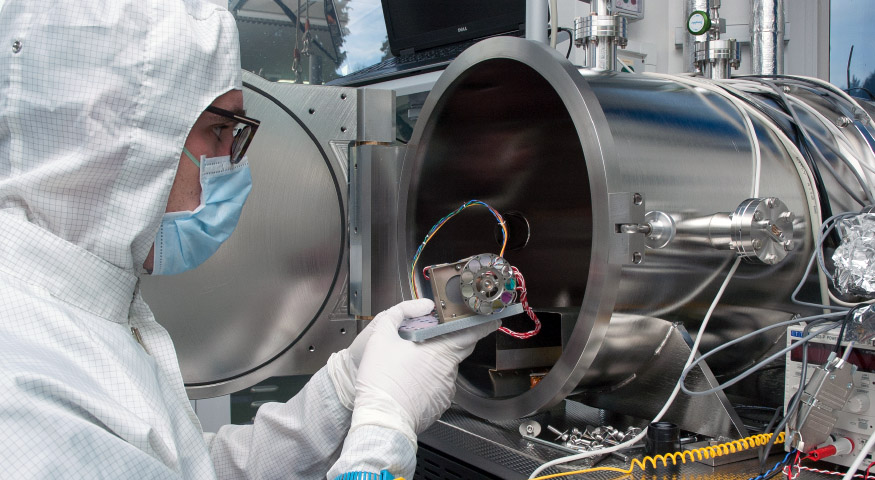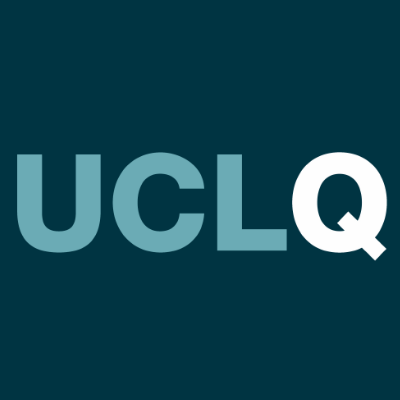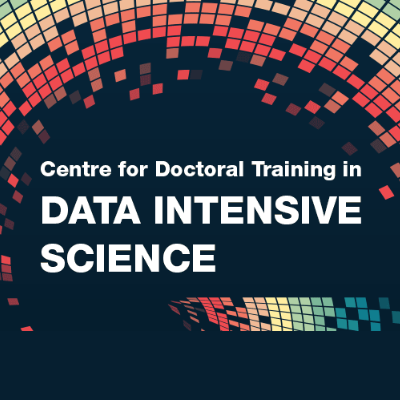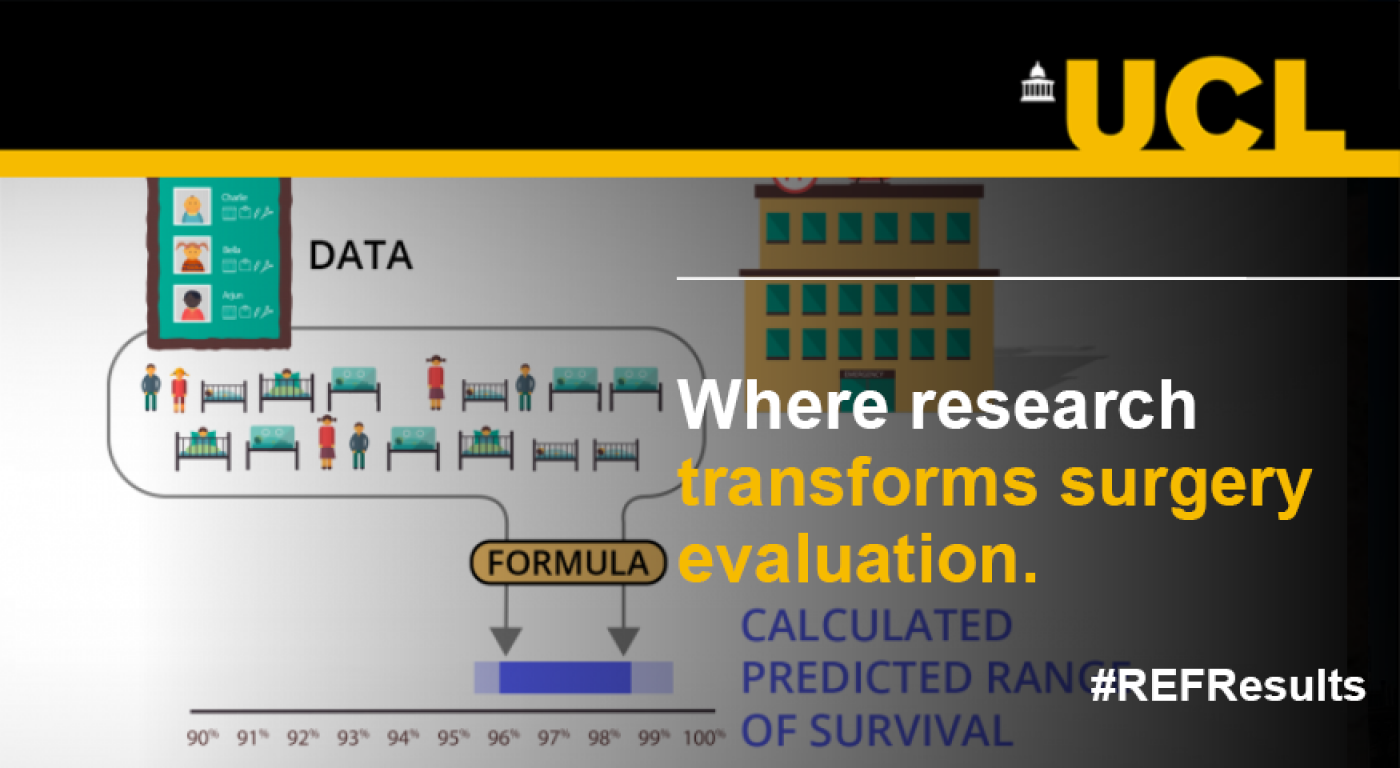Postgraduate research degrees
Cross-disciplinarity lies at the heart of the faculty’s work, with extensive joint projects with engineering and the life sciences in particular. Find the available PhD topics, current PhD projects, open projects, NERC and other funding bodies we have to offer.
- Key features and facilities
UCL is home to world-class lab facilities and excellent libraries offering a wide range of online journal subscriptions, books and historical archives.
Home to the only city-centre nanotechnology lab in the UK, the vast cleanroom at LCN gives students access to a truly unique facility. UCL Earth Sciences has a wide range of laboratories including a major geochronology facility.
In addition, students can use first-class supercomputers such as UCL’s own Legion Cluster, and access to external facilities such as Iridis and HeCTOR.
The faculty places great importance on cross-fertilisation between different fields of research. Cross-fertilisation between disciplines is fostered through institutes and centres covering quantum science, risk, planetary science, origins of life and the universe and physics in the life sciences – as well as the collegiate atmosphere of a truly multidisciplinary university. The Department of Science and Technology Studies is the only integrated centre for the study of the history, philosophy, sociology and communication of science in the UK.
- Global networks
Graduate students in the faculty are users of international scientific facilities, such as CERN, the European Southern Observatory and international space science missions.
The Mullard Space Science Laboratory is a unique facility in the UK, which serves as one of the main nodes of the European space programme. This involves close collaboration with public bodies such as the European Space Agency and industrial partners including Astrium and e2v.
Members of other departments are closely involved with numerous national and international collaborations, including CERN, the Dark Energy Survey, ExoMars and the UK Catalysis Hub, and the faculty has joint programmes with the Japan Advanced Institute of Science and Technology (JAIST), and the Singapore Agency for Science, Technology and Research (A*STAR).
The Aon Benfield UCL Hazard Centre, a joint project of UCL Earth Sciences and insurance corporation Aon Benfield, is Europe’s leading research centre into natural hazards.
From our Departments:
Our Doctoral Training Programmes:
The faculty hosts three EPSRC doctoral training centres: Molecular Modelling and Materials Science, Delivering Quantum Technologies and the London School of Geometry and Number Theory. The faculty also participates in the Photonic Systems Development centre.
 Close
Close





